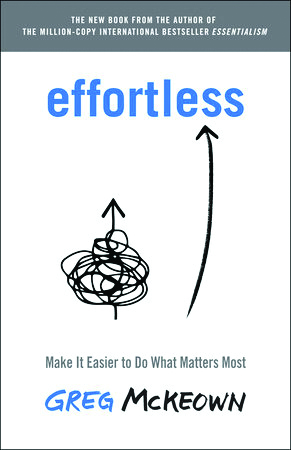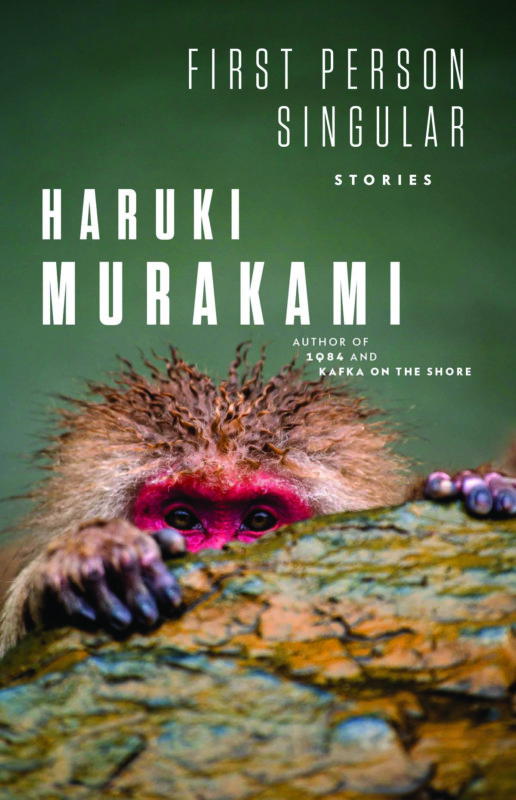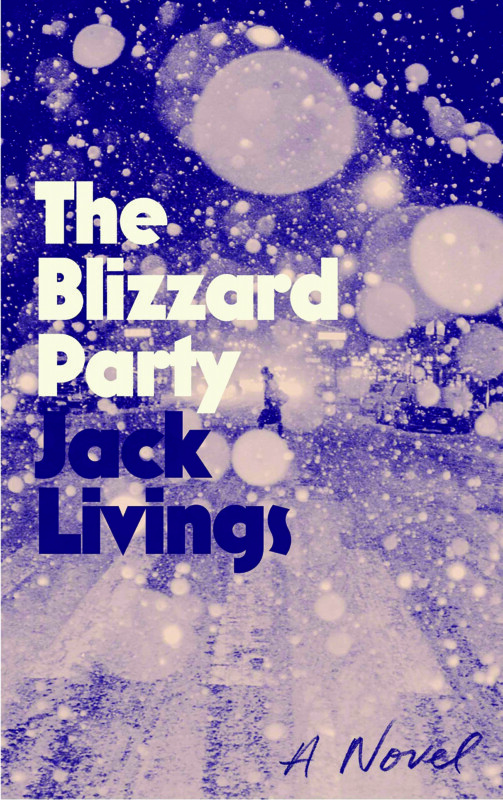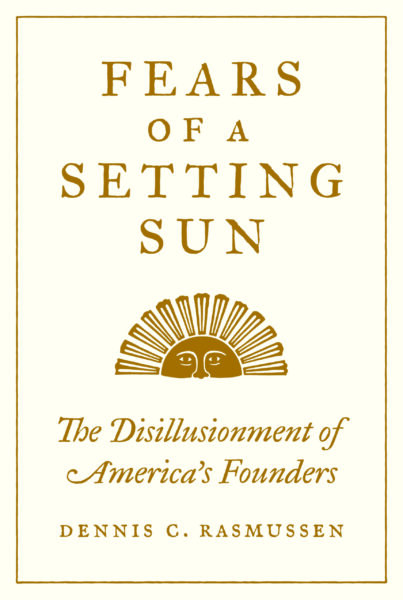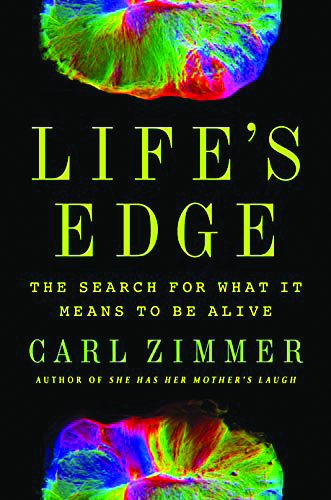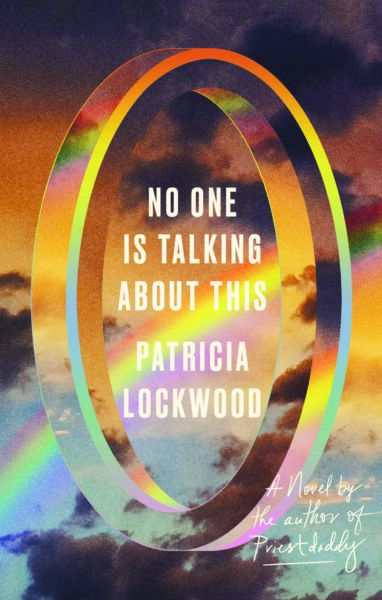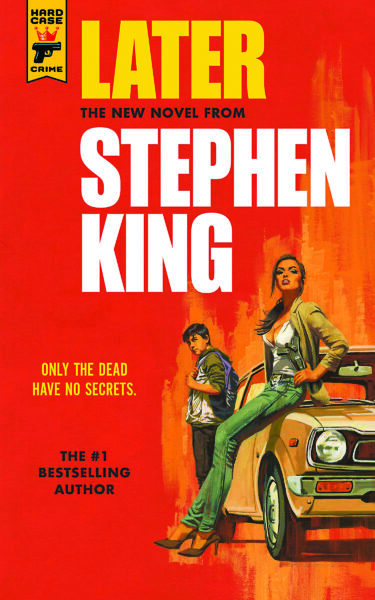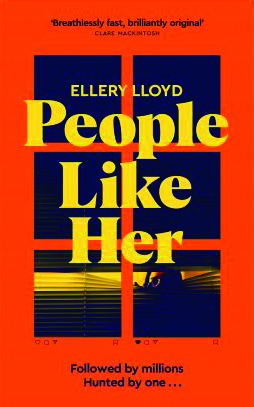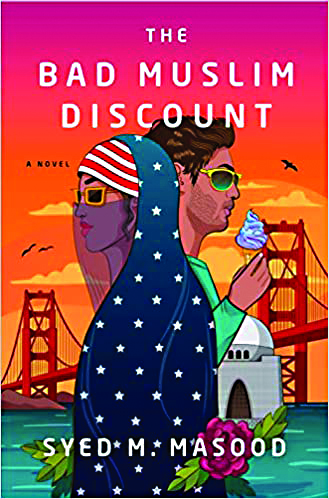Effortless, by Greg McKeown (Currency, 256 pages)
In some ways, Boxer the horse is a symbol for the American worker. One of the most memorable characters in George Orwell’s Animal Farm, Boxer was the loyal draft horse whose response to any setback was “I will work harder.” In a country steeped in the Puritan work ethic, where the typical two weeks of vacation pales in comparison with Europe’s generous holidays, it’s hard to not admire Boxer’s attitude, even knowing how it turns out for him.
Hard work is good, right? It demonstrates commitment, perseverance, toughness.
Wrong, says Greg McKeown in Effortless, the followup to his Essentialism, published in 2014. Emulating Boxer gets you sent to the slaughterhouse, essentially. The better way to work is to find a way to do it more easily, not in the Tim Ferriss pie-in-the-sky model of working four hours a week (as if) but changing the long-running soundtrack that informs the belief that the harder we work, the luckier we get.
McKeown believes that this mindset creates a fog that obscures a truth: that in those moments that we actually feel inspired, when the work seems to flow, as if poured from heaven, what we are doing is not hard, but feels effortless. This is the essence of what Mihaly Csikszentmihalyi wrote about in Flow in 1991 — and who hasn’t heard the platitude “work smarter, not harder”? But McKeown’s take on the subject feels fresh and relevant. And interestingly, he begins by admitting to a failure of his previous book.
In Essentialism, McKeown argues that we suffer from the misuse of the word “priority,” which used to mean the singular thing that matters but has been pulled and stretched into “priorities,” which shouldn’t exist. Running around tending to priorities, as if they were errant chickens, means that the essential stuff of life doesn’t get done. To be effective, he said, we must ruthlessly cull “the trivial many from the vital few” and, intentionally and guiltlessly, build a life around them.
But as McKeown built a career as the leader of Essentialism, he realized, from what other people told him and what he saw in his own family life, that some people can peel away all the unessentials and still have too much to do. In short, for most of us, there are multiple priorities, multiple essentials. Struggling with that, he realized that people in this situation can either let priorities slide or find a way to make everything easier and take less time. He recommends the latter. And in keeping with the Effortless theme, they’re not hard to do.
McKeown believes that the transition from Boxer to Secretariat (the analogy is mine — Secretariat made everything look easy) begins with understanding the tired old template of platitudes like “It won’t be easy but it’s worth it” and replacing it with a new mantra: How can I make this task easy and sometimes even fun?
Sometimes, answers appear when we just take the time to think about the question. But McKeown has devised a series of exercises to help people make progress on their essential goals with relative ease. For example, he says that one thing that slows people down is that they don’t take time to think about what it looks like when a project, goal or idea is actually done; instead, they spend all their time thinking about the beginning and only vaguely seeing a nebulous end. Define what “done” means at the start and the steps leading there will be easier, he says. Another idea is to set goals that are malleable — low-end daily targets that represent the minimum amount of action you can take and still feel that there is momentum, high-end targets that are more ambitious but limited enough to protect you from burnout. Part of the “effortless” mindset, McKeown writes, is protective. Hard workers can sabotage themselves into paralysis by overthinking or working to exhaustion, thus needing extra time to recover and losing momentum. The effortless way is not so we can lie in hammocks in Thailand with Tim Ferriss, but so we can do our best work.
If this all sounds a bit like “work smarter, not harder,” well, it is. But McKeown is an engaging writer who peppers his own experience with research and anecdotes of achievement, from how Elon Musk got into rocket science to why Reed Hastings started Netflix. He gets extra points for never using anonymous people with only first names, like so many authors of business and self-help books do when telling anecdotes, leaving the reader to wonder if the people really exist at all. If there’s anything to criticize, it’s that the writing of this book seems a bit too effortless; at 217 pages of new material, it feels short, and including an excerpt from Essentialism at the end feels like padding. Was that really essential? B
BOOK NOTES
A few months ago, The New York Times reported that an editor at Hachette Book Group, one of the “big five” in publishing, had been fired. The editor, Kate Hartson, headed up Center Street, the conservative imprint within Hachette, and she said she’d been fired over politics. Apparently, she was open to books from Trump supporters and associates, and according to the Times, the big five are resistant to MAGA authors and themes.
This could explain why conservative media companies, sensing a profit to be made, have quietly started publishing books. Both Fox News and Newsmax have started publishing arms, respectively Fox News Books and Humanix.
You’ve probably never heard of Humanix, and most of its titles look pretty obscure and/or peculiar, but Fox, which launched its imprint in November, has already a splash. Its first book, Modern Warriors: Real Stories from Real Heroes by Pete Hegseth, made the bestseller lists at the end of last year.
The second book, The Women of the Bible Speak, by Shannon Bream, has been No. 1 on the Times bestseller list under “advice, how-to and miscellaneous” for three weeks.
But the real surprise in conservative publishing has to be how well former Speaker of the House John Boehner’s book is performing. In On the House, A Washington Memoir (St. Martin’s, 288 pages) Boehner promises a story of how a “regular guy” went from working in a bar to “holding a pretty big job,” and says that Congress didn’t change him: “I walked out of the Capitol the same jackass I was when I walked in 25 years earlier.” In early reviews, it looks like a slash-and-burn, which may be why it’s doing so well.
Released April 13, Boehner’s memoir was No. 1 in nonfiction last week but now has competition.
Susan Page’s Madam Speaker: Nancy Pelosi and the Lessons of Power (Twelve, 448 pages) seems like a conflict of interest for the author, given that she is the Washington bureau chief for USA Today, but it’s getting good reviews.
Interestingly, the Washington Post review notes that Pelosi felt slighted because Time magazine never put her on the cover during her first term as speaker but put Boehner on the cover shortly after the 2010 midterms. Booting him off the bestseller list would probably help resolve some of that sting.
Books
Author events
• SUZANNE KOVEN Author presents Letter to a Young Female Physician, in conversation with author Andrew Solomon. Hosted by The Music Hall in Portsmouth. Tues., May 18, 7 p.m. Virtual. Tickets cost $5. Visit themusichall.org or call 436-2400.
Book Clubs
• BOOKERY Online. Monthly. Third Thursday, 6 p.m. Bookstore based in Manchester. Visit bookerymht.com/online-book-club or call 836-6600.
• GIBSON’S BOOKSTORE Online, via Zoom. Monthly. First Monday, 5:30 p.m. Bookstore based in Concord. Visit gibsonsbookstore.com/gibsons-book-club-2020-2021 or call 224-0562.
• TO SHARE BREWING CO. 720 Union St., Manchester. Monthly. Second Thursday, 6 p.m. RSVP required. Visit tosharebrewing.com or call 836-6947.
• GOFFSTOWN PUBLIC LIBRARY 2 High St., Goffstown. Monthly. Third Wednesday, 1:30 p.m. Call 497-2102, email elizabethw@goffstownlibrary.com or visit goffstownlibrary.com
• BELKNAP MILL Online. Monthly. Last Wednesday, 6 p.m. Based in Laconia. Email bookclub@belknapmill.org.
• NASHUA PUBLIC LIBRARY Online. Monthly. Second Friday, 3 p.m. Call 589-4611, email information@nashualibrary.org or visit nashualibrary.org.
Language
• FRENCH LANGUAGE AND LITERATURE CLASSES
Offered remotely by the Franco-American Centre. Six-week session with classes held Thursdays from 6:30 to 8:30 p.m. $225. Visit facnh.com/education or call 623-1093.
Poetry
• JENNIFER MILITELLO Poet presents her newest volume of verse, The Pact. Hosted by Gibson’s Bookstore in Concord. Virtual, via Zoom. Thurs., April 29, 7 p.m. Registration required. Visit gibsonsbookstore.com or call 224-0562.
• DOWN CELLAR POETRY SALON Poetry event series presented by the Poetry Society of New Hampshire. Monthly. First Sunday. Visit poetrysocietynh.wordpress.com.
Featured photo: Effortless

